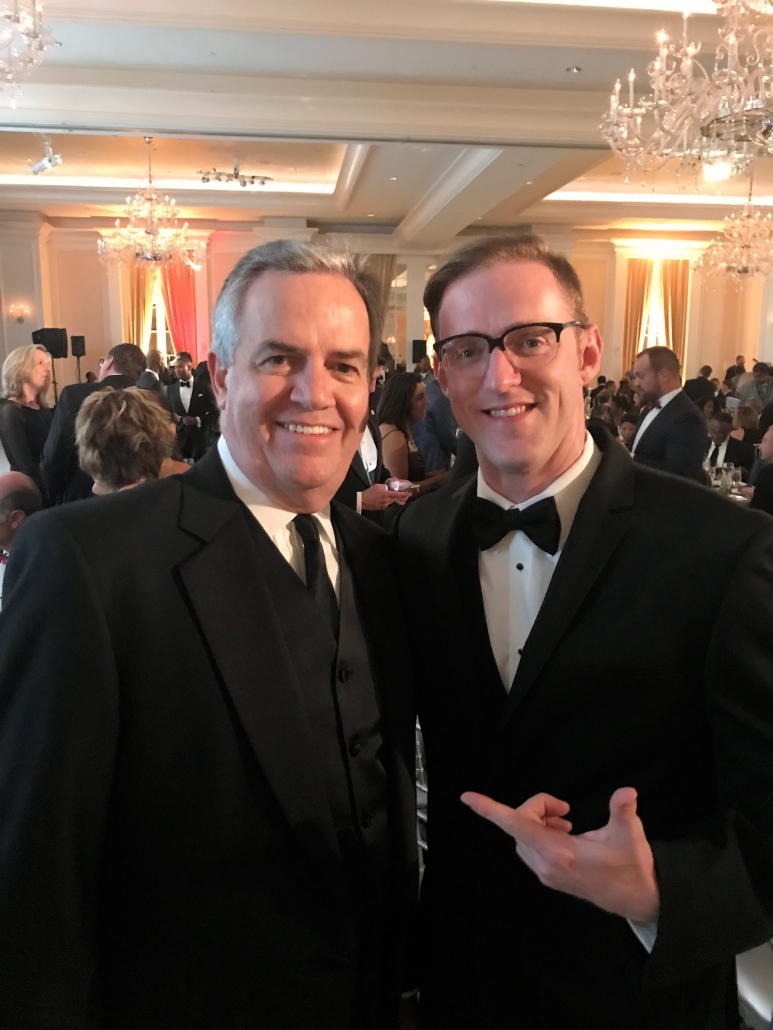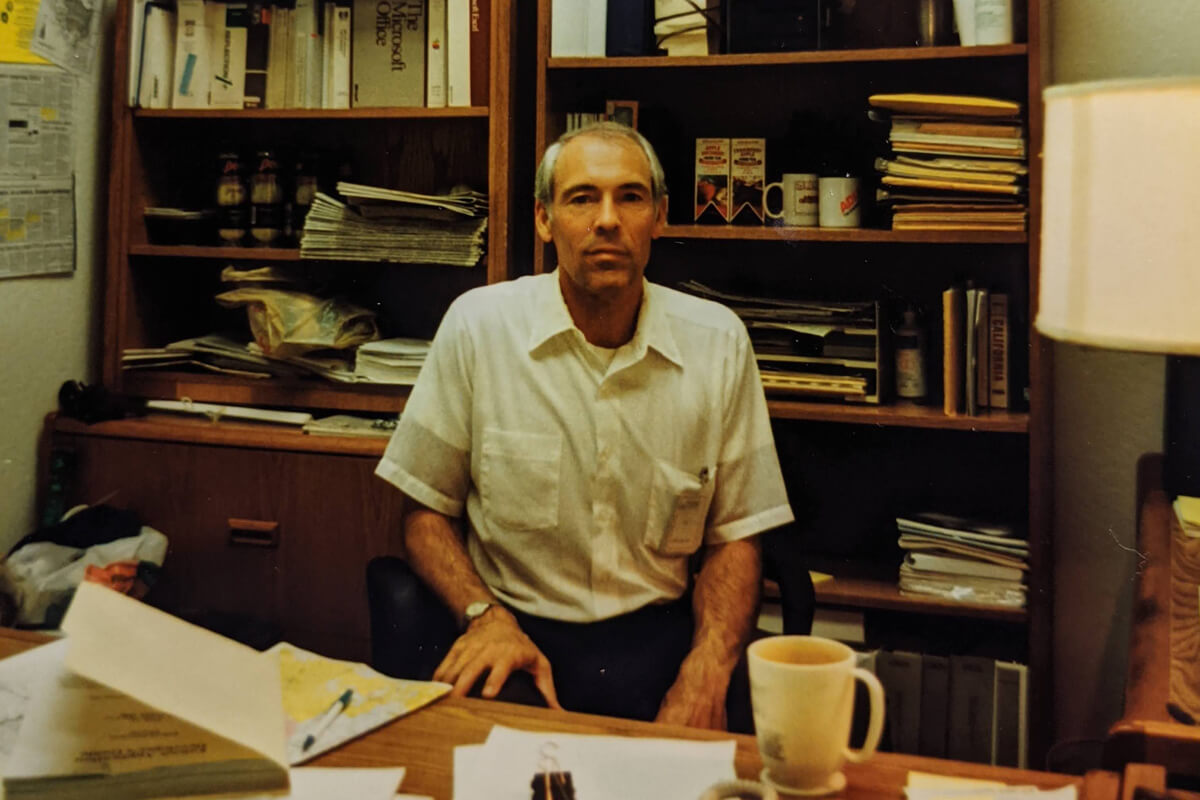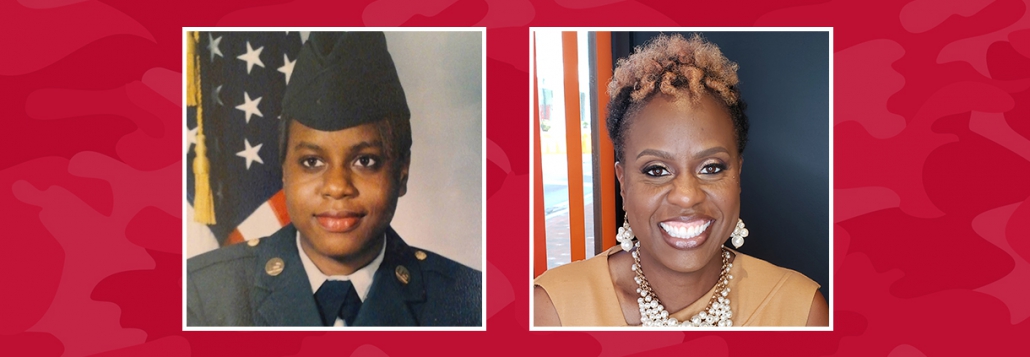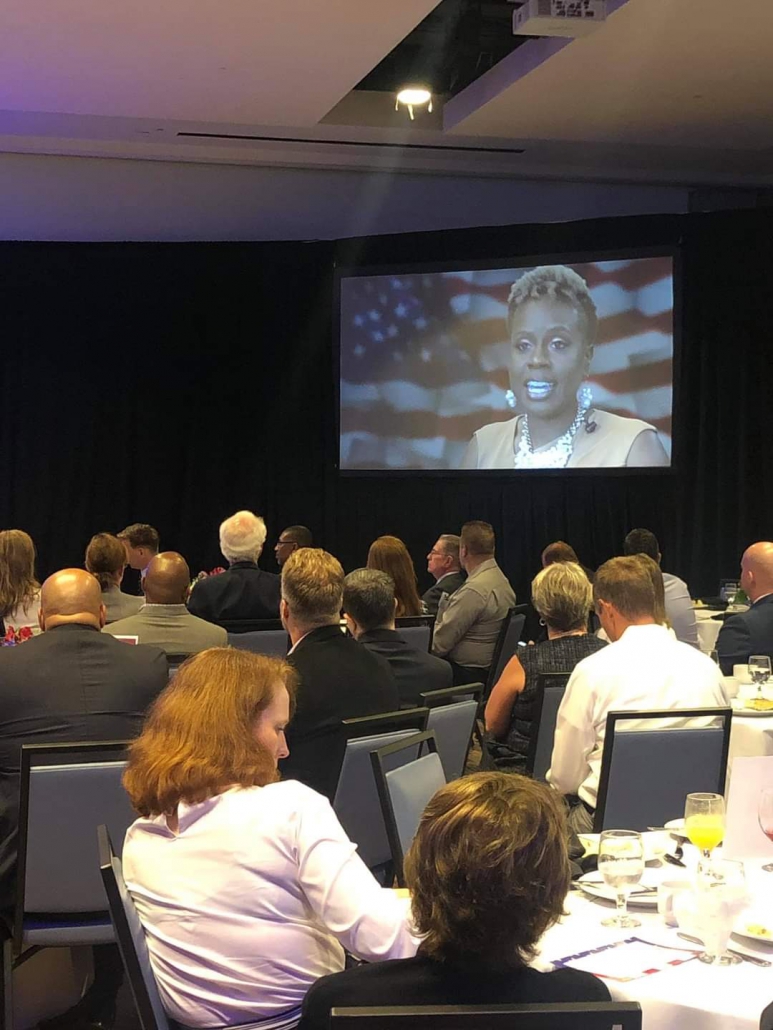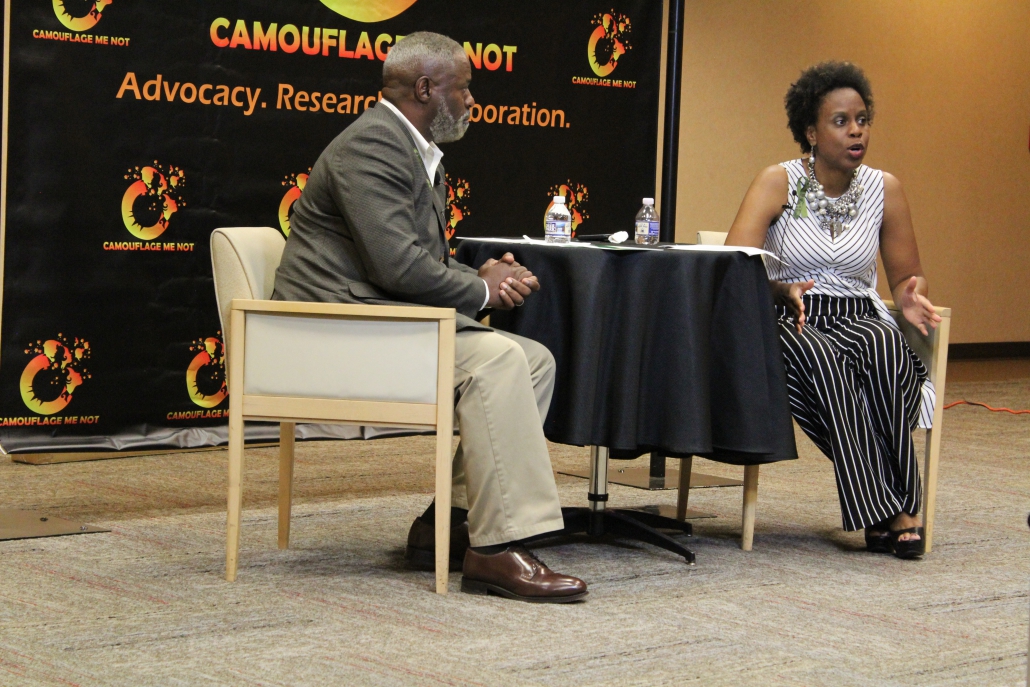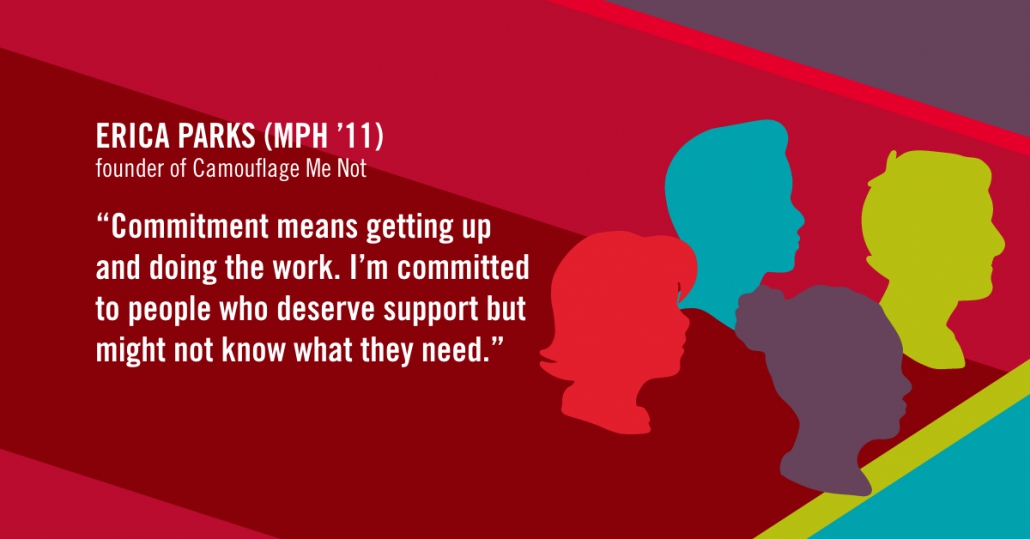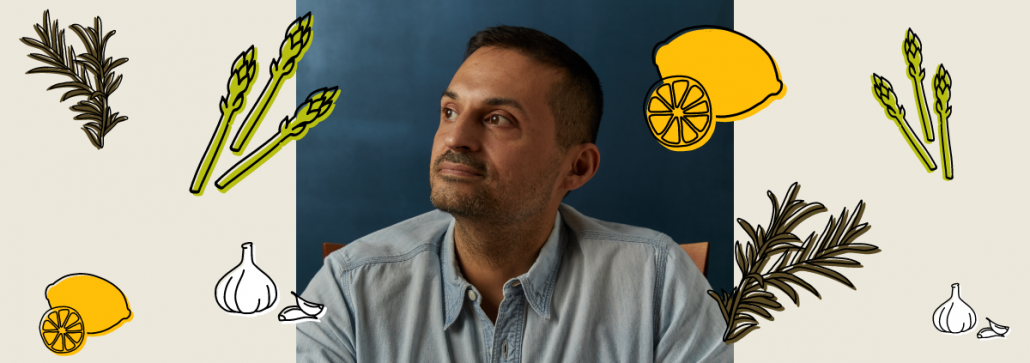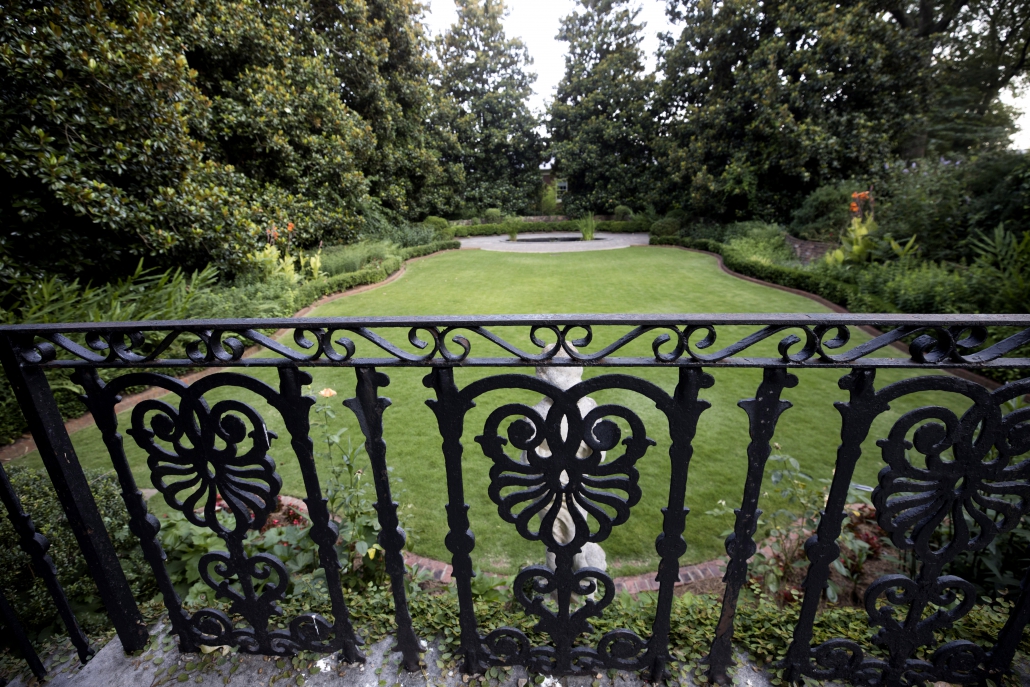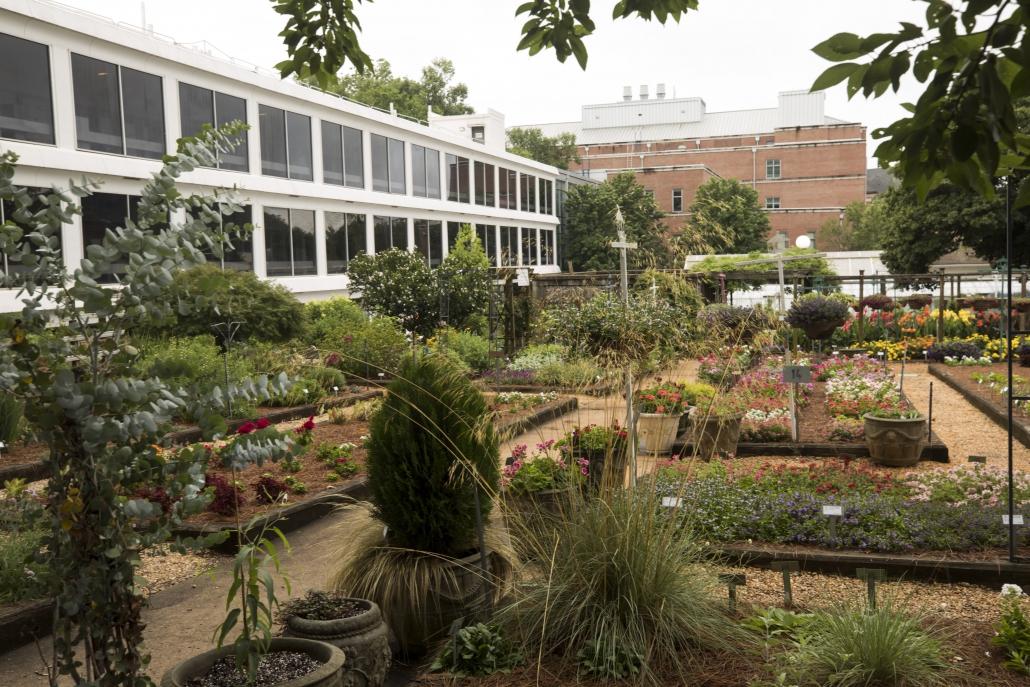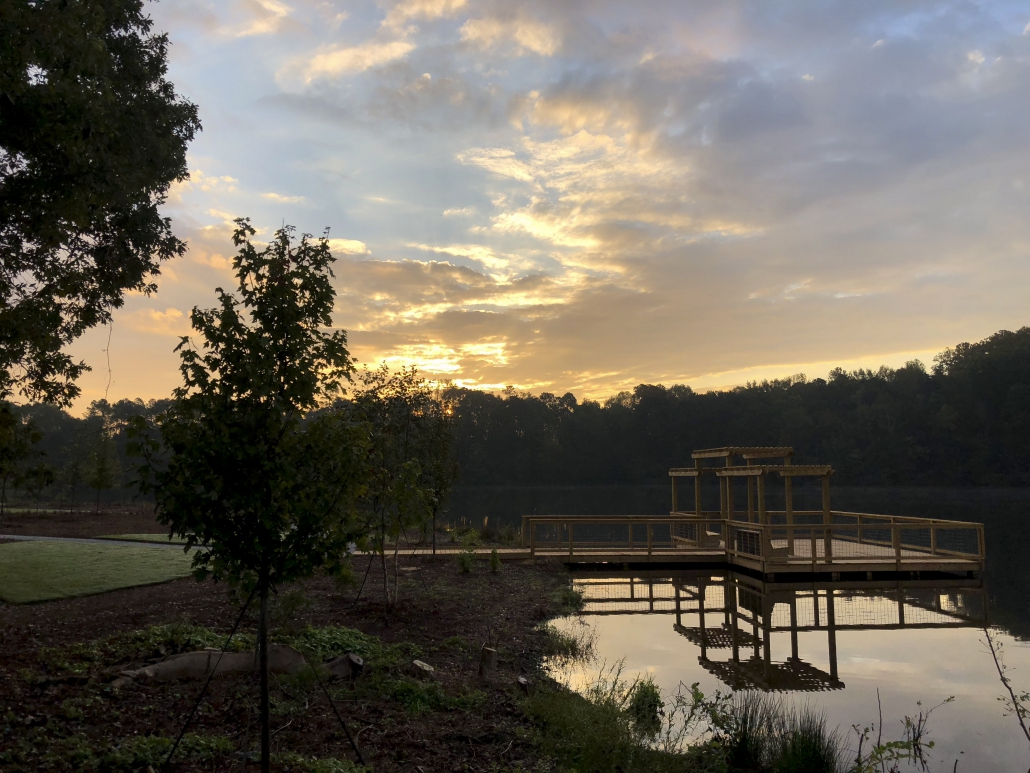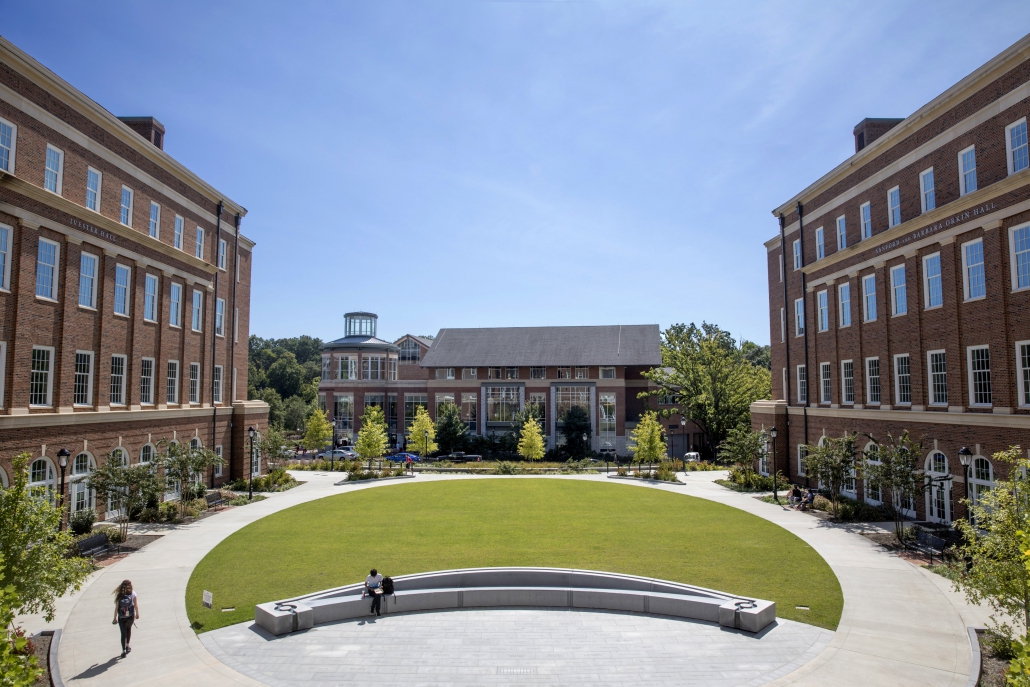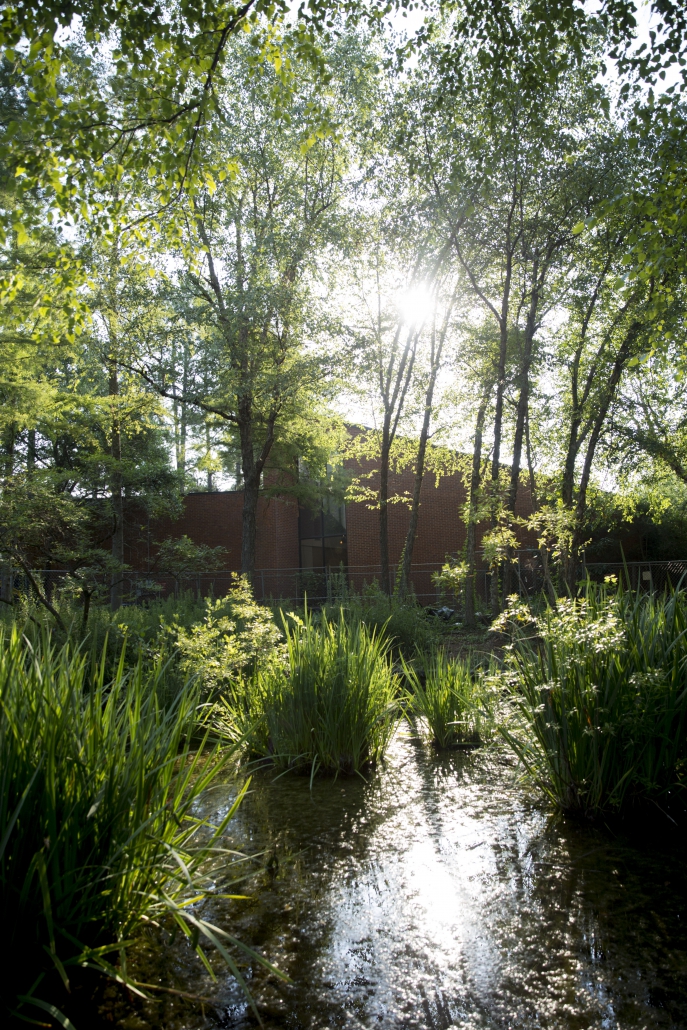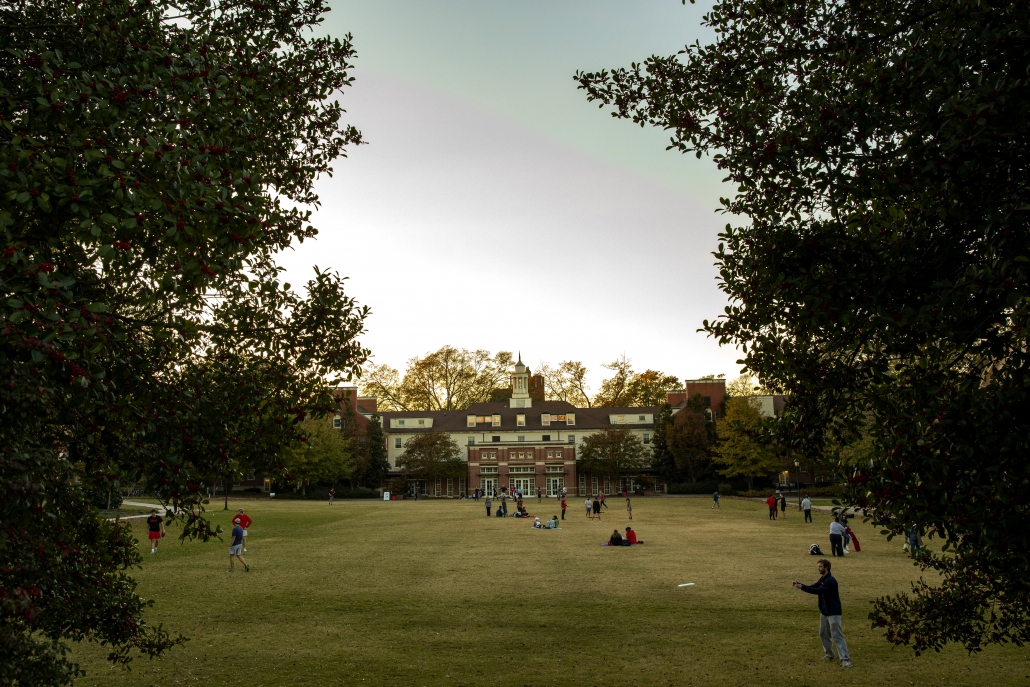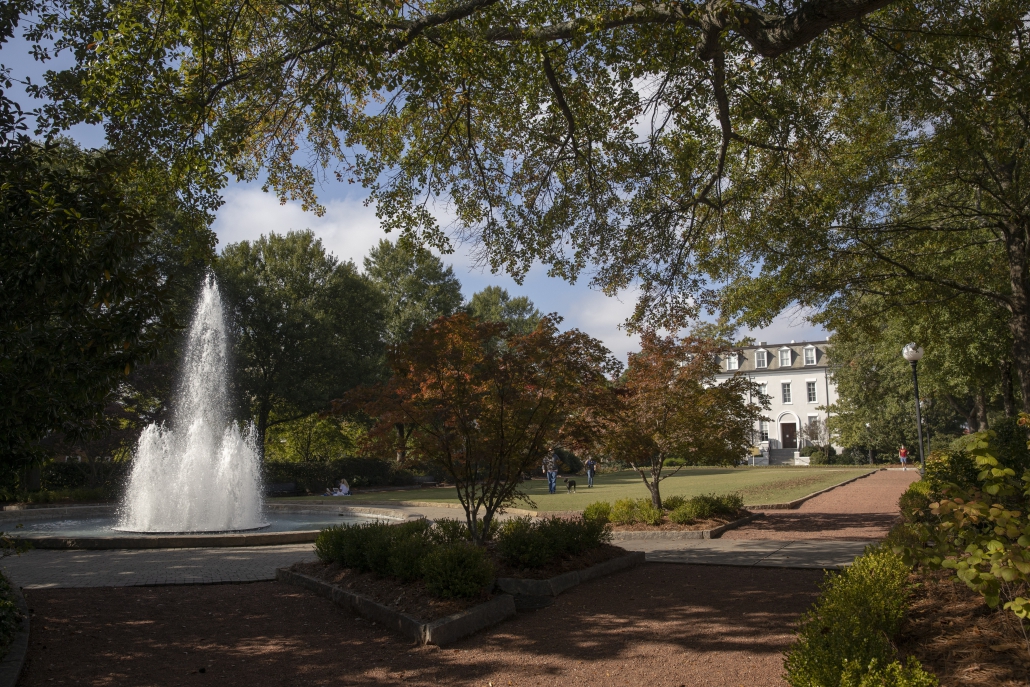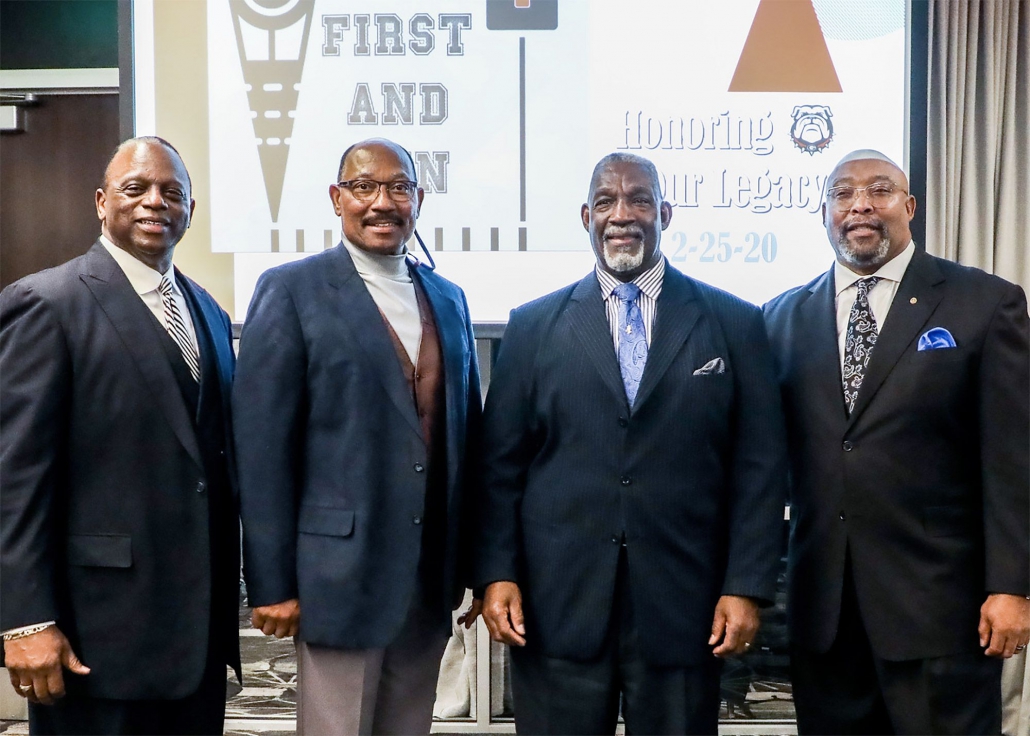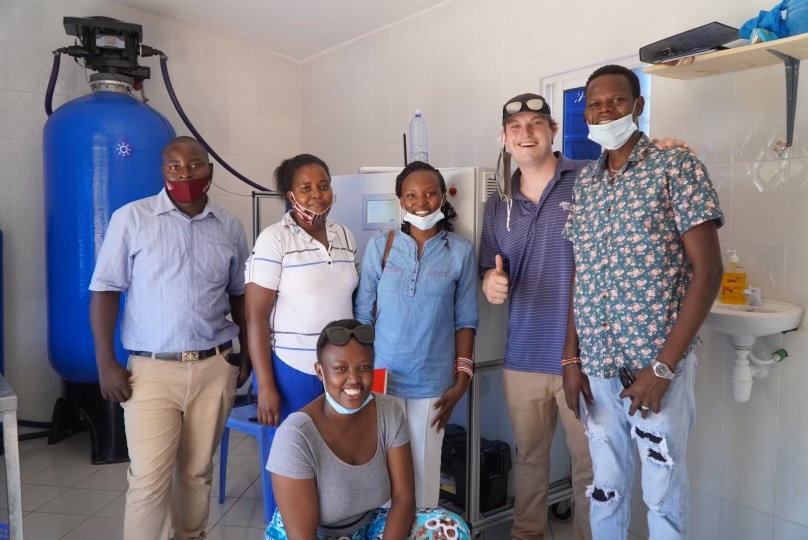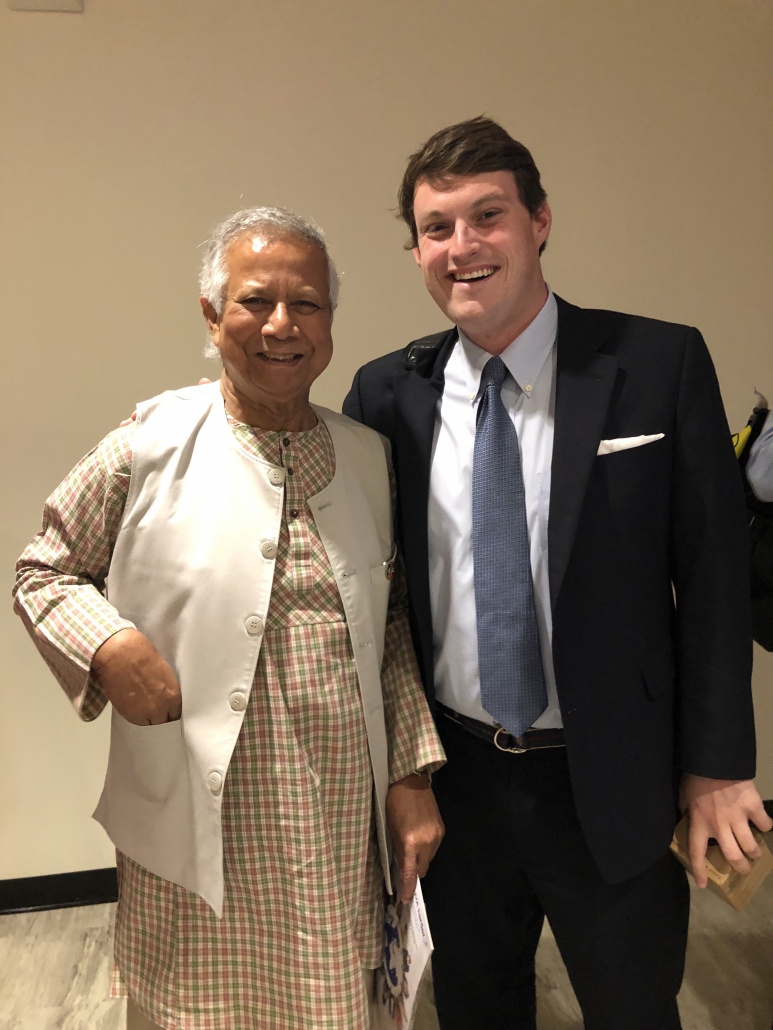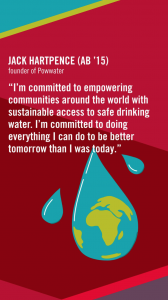Every day is Arbor Day for Select Trees
Arbor Day celebrates nature and encourages people around the world to plant trees. For Select Trees, though, planting trees is a year-round event.
Select Trees produces high-quality sustainable landscape shade trees in the Southeast and is a wholesaler of Select Sustainable Trees. Curious where you can see some of these trees for yourself? Look no further than UGA’s beautiful campus. Through their tree trust, the company donated more than 770 large caliper oak trees to UGA.
We talked with Corey Browning, the vice president of Select Trees, to learn more about all things trees.
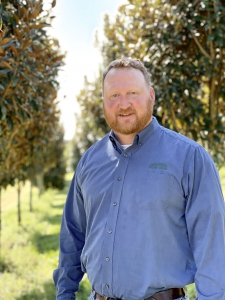 What is your favorite part of the planting and growing process of trees?
What is your favorite part of the planting and growing process of trees?
My favorite part is probably selecting new cultivars. So as part of what we do at Select Trees, we also have a sister company called Tree Introductions. We find new trees to clone and make new cultivars, and the process of doing that is just evaluating trees in the landscape and seeing what’s working and what’s not working.
What is one important thing you want people to know about the process of selecting trees that they might now know?
I think the most important thing that maybe is overlooked is choosing the right tree for the right place. For instance, people plant Crape Myrtles because they like the flower but then they may not realize that it’s a tree and it’s going to get 30 or 40 feet tall. And so, they get a landscape company to come through and prune it back really hard so that it fits in the space. So, it’s really important to look at the space that you have and determine, is it adequate for the trees that you really want to plant?
What is the biggest misconception you hear the most about the process?
I think the biggest misconception would be just what a tree requires to be established. Oftentimes, for what we do at Select Trees, we’re harvesting trees so that means we’re taking them out of the ground and moving them to another place. And so, trees are not bulletproof. They need help, in that first year especially, to get established.
Where on UGA’s campus can students and faculty enjoy the trees Select Trees has planted?
One of the places on campus that stands out is the Reed Hall alley behind the stadium. At the intramural fields just above the train tracks, there’s a really nice row of Hightower Willow Oaks. At the women’s sports complex, there are quite a few of our trees, and really just all over campus through the donation process. There have been different spots all over campus that have benefited from the donation.

Intramural Fields Tree Progression
Do you have a favorite tree to plant? If so, what is it?
My favorite tree — and it’s one that we’ve sent quite a few of to campus — is called Highbeam Overcup Oak. It’s a cultivar of Overcup that we introduced about 25 years ago, and it’s just a really great native tree that not only looks fantastic, but it has a lot of environmental benefits as well.
Do Select Trees have anything planned for Arbor Day?
It’s just another day unfortunately because propagation season kicks off really quick, so we’re getting all of our greenhouses and things like that set up to start new trees.

